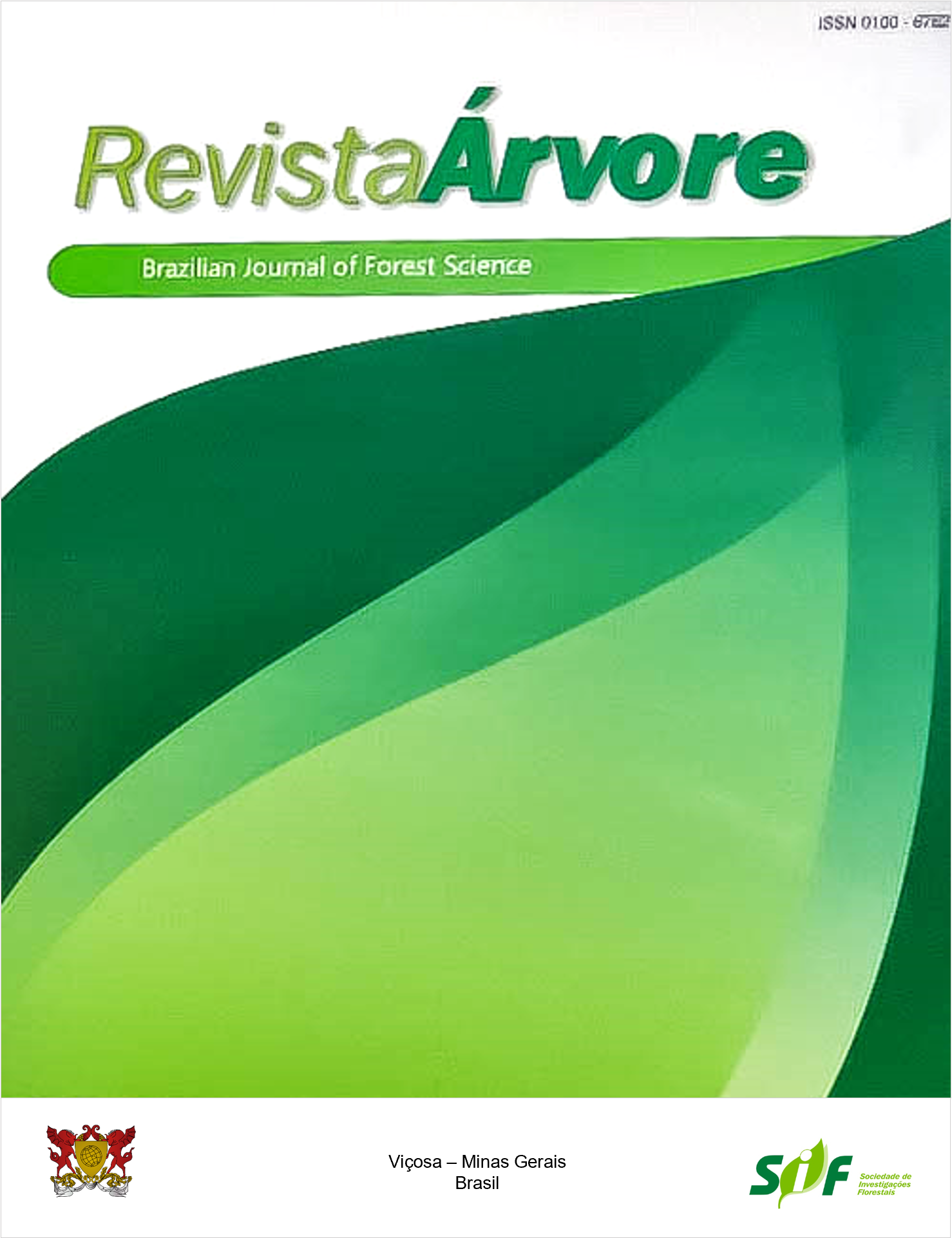EFFECTIVENESS OF WATER-RETAINING POLYMER AS FIRE RETARDANT IN INDIRECT USE
Keywords:
Forest fire, Fire behavior, HydrogelAbstract
The use of fire retardants increases efficiency in fighting forest fires, however, it still presents uncertainties regarding environmental contamination, recommendations for preparation, and it lack of regulation in Brazil. In this scenario, alternative products such as water-retaining polymers, that can reduce the rapid evaporation of water, can also have positive effects in terms of reducing fire behavior. Efficiency and ways of using the water-retaining polymer as a short-duration fire retardant (indirect combat) in controlled burns in eucalyptus plantations were evaluated. Five concentrations (dilution in water), three volumes of spray solution, and two post-application times on the combustible material available in the area were evaluated. Controlled burns were conducted downwind, between 10 am and 2 pm, during dry season in the region, with micrometeorological and fire behavior assessments (fire propagation speed and length of flames). Increased spray volume and concentration of water-retaining polymer led to reductions in the spread of fire. In eucalyptus combustible material, the water-retaining polymer can be used as a fire retardant of short duration (effective up to two hours after application), considering a spray volume of 2.0 L m-2 and concentration of 0.0060% (diluted in water).
Keywords: Forest fire; Fire behavior; Hydrogel
Downloads
Published
How to Cite
Issue
Section
License
Copyright (c) 2021 Revista Árvore

This work is licensed under a Creative Commons Attribution 4.0 International License.
All authors agreed to submit the work to Revista Árvore and granted the exclusive license to publish the article. The authors affirm that it is an original work and has not been previously published elsewhere. The scientific content and opinions expressed in the article are the sole responsibility of the authors and reflect their opinions, not necessarily representing the opinions of the editorial board of Revista Árvore or of the Society of Forest Investigations (SIF).




